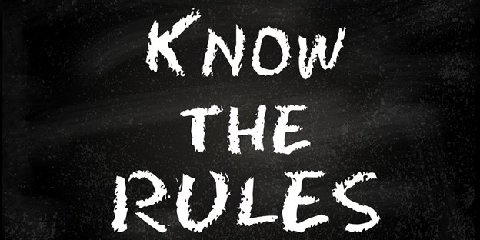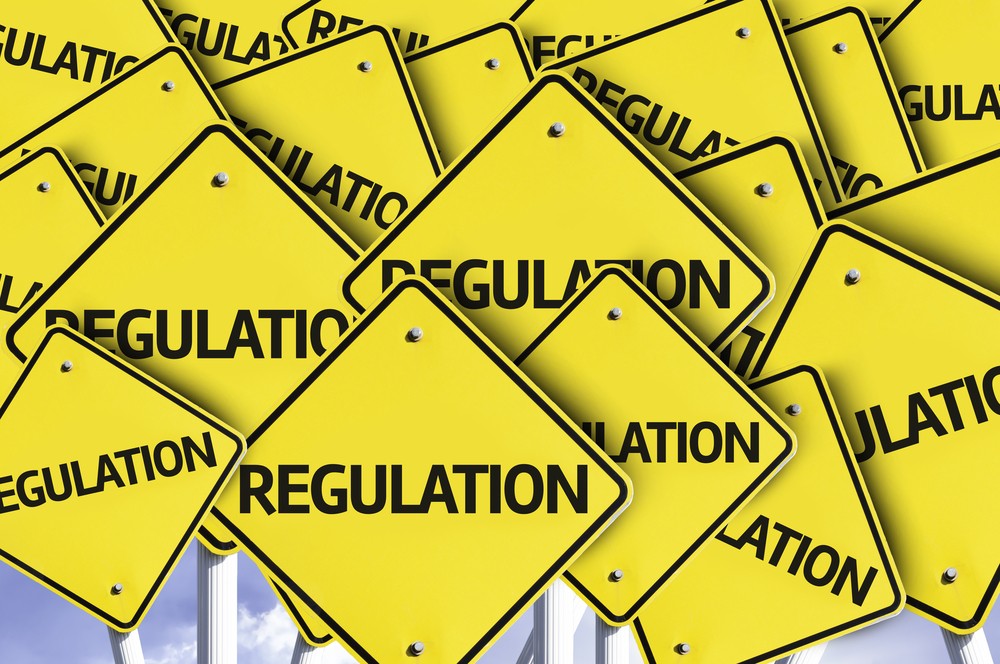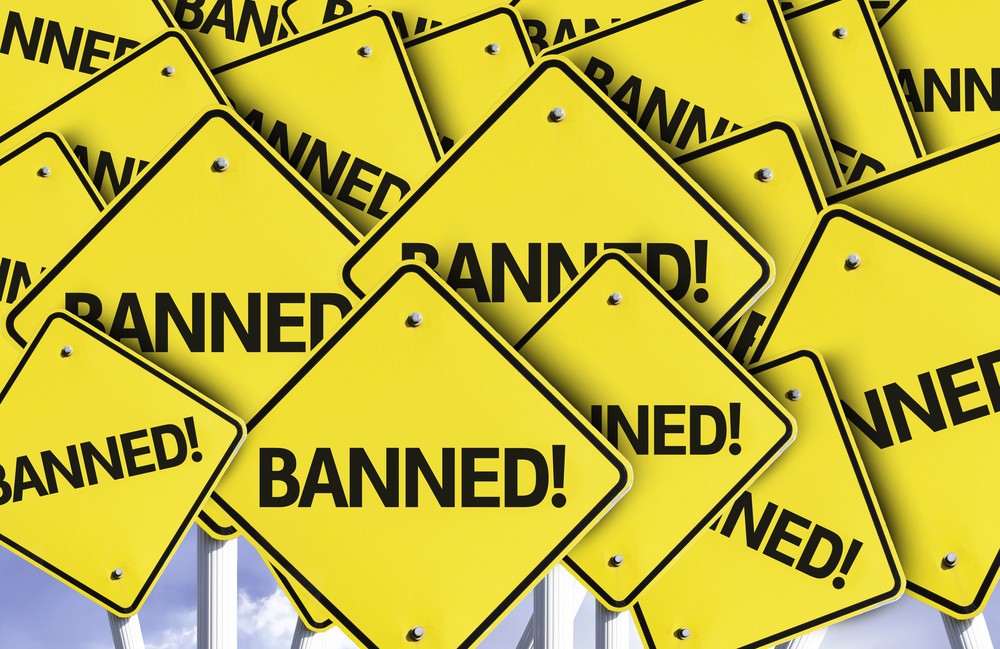Why are Microcaps Trading on the NASDAQ and NYSE Exchanges?

In the past three years, some important changes have occurred to how “penny stocks” or “microcaps” trade and are regulated. By the early 2000s, they’d moved from the obscurity of the National Quotation Bureau’s Pink Sheets to a new trading platform, Cromwell Coulson’s Pink Link.
The accompanying website, initially called Pink Sheets, made quotations much easier for interested traders to access and, as time passed, also offered the kind of detailed information about many non-reporting issuers that had never been available in the past. The Pink Sheets also published quotes and SEC filings for the so-called “OTCBB” issuers that did report to the regulator. Pink Sheets’ efforts were so successful that little more than a decade later, the OTCBB, which had been operated by the Financial Industry Regulatory Authority, went out of business.
As the second decade of the new century began, Pink Sheets had been renamed “OTC Markets Group,” and “Pink Link” was called “OTC Link.” Coulson’s business had grown and was by then a public company itself, trading in its own marketplace. Penny stocks were enormously popular with the increasingly large number of people who managed their investments on the Internet, and online brokerages like E*TRADE, TD Ameritrade, and Fidelity commanded a growing share of the securities markets. Read More
LG Capital Funding Loses Motion to Dismiss

On November 13, 2023, United States District Judge William F. Kuntz, II, of the United States District Court of the Eastern District of New York made his decision in LG Capital Funding LLC’s Motion to Dismiss the Securities & Exchange Commission’s complaint against LG Capital.
On June 7, 2022, the SEC filed a complaint against Defendants LG Capital and John Lerman (50% owner and managing partner), as well as against Daniel Gellman (25% owner and managing partner), Boruch Greenberg (25% owner and managing partner), and Eli Safdieh for alleged violations of Section 15(a)(1) of the Exchange Act of 1934, 15 U.S.C. § 78o(a)(1) (the “Exchange Act” or the “Act”).
The Complaint generally alleges the defendants acted as securities dealers, engaged in the business of buying and selling large volumes of penny stocks for their own account, without being registered with the SEC and without Lerman, LG Capital’s control person, associating with an SEC-registered dealer. Read More
Overview of Regulation D, Rule 506(b), Rule 506(c) and other Capital-Raising Exemptions

Each offer and sale of a security must be (a) registered with the Securities and Exchange Commission (SEC); or (b) subject to an exemption from registration under the Securities Act of 1933, as amended (the “Securities Act”). The offer and sale of securities are complicated. Both private and publicly traded companies raise money by registering their shares on Form S-1 or other registration statement under the Securities Act. The Securities Act also provides exemptions from these registration requirements. The exemptions provide efficient methods for companies seeking capital. Often exemptions assist issuers in establishing a shareholder base in connection with a going public transaction.
The SEC offers several options for companies to raise capital by offering and selling securities without registration, known as an exempt offering. The following chart (provided by the SEC and available here) summarizes the key metrics for the exemptions from registration that are most frequently used. Read More
Current Reports on Form 8-K – What Are SEC Disclosures and Reporting Requirements?

Under applicable SEC rules for periodic reporting, an SEC reporting issuer must generally report certain current events on Form 8-K within four business days after a triggering event has occurred. Current Reports on Form 8-K provide investors with information to enable them to make informed investment decisions. Form 8-K SEC Disclosure and Requirements include that the issuer provide “material” information. This means that there is a substantial likelihood that a reasonable investor would consider the information important in making an investment decision.
The table below lists the line item disclosures required in Form 8-K and certain events that trigger each separate disclosure item. Read More
SEC Provides Rule 15c2-11 Relief to Broker-Dealers for Fixed Income Securities
SEC Provides Rule 15c2-11 Relief to Broker-Dealers
Securities and Exchange Commission (“SEC”) Rule 15c2-11 prohibits broker-dealers from publishing or submitting securities of private issuers on the OTC Markets, unless the issuer has publicly filed current financial and other information.
On October 30, 2023, the SEC issued an order providing broker-dealers with an exemption from certain requirements of SEC Rule 15c2-11 of the Securities Exchange Act of 1934 (the “Rule 15c2-11 Exemption”). The SEC Rule 15c2-11 Exemption applies to fixed-income securities that are in compliance with the requirements of the safe harbor provided by Rule 144A. The SEC order for the Rule 15c2-11 Exemption excludes broker-dealers from the requirement that they provide certain public disclosures prior to submitting or maintaining quotations on such securities in the OTC Markets.
SEC Adopts Amendments to Rules Governing Beneficial Ownership Reporting

On October 10, 2023, the Securities and Exchange Commission adopted rule amendments governing beneficial ownership reporting under Sections 13(d) and 13(g) of the Securities Exchange Act of 1934. The amendments update Regulation 13D-G to require market participants to provide more timely information on their positions to meet the needs of investors in today’s financial markets.
The update to the rules that first went into effect more than 50 years ago tightens the time investors have to disclose 5% ownership stakes in companies they intend to control, shortening the allowed window from 10 calendar days to five business days. Read More
SEC Charges Stock Squirrel and John Feloni in $1.6 Million Securities Fraud

On September 29, 2023, the SEC charged Massachusetts-based company Stock Squirrel, Inc. and John Feloni, its president and CEO, with defrauding investors of approximately $1.6 million in an unregistered securities offering. According to the SEC’s complaint Feloni and Stock Squirrel deceived approximately 180 retail investors into investing approximately $2.5 million into Stock Squirrel. The SEC complaint alleges that Feloni and Stock Squirrel falsely claimed they would use investors’ money for Stock Squirrel’s business, principally by developing a smartphone application offering financial services to the fast-growing youth sector, and that Feloni would not take a salary from Stock Squirrel. Instead, according to the complaint, Feloni misappropriated approximately $1.6 million of investor funds—66% of the total amount raised from investors—for his own use. Read More
SEC Charges Wilson J. Rondini, III and two companies Rondini controls for Operating as Unregistered Broker-Dealers

On September 18, 2023, the Securities and Exchange Commission (the “SEC“) announced charges against Florida resident Wilson J. Rondini, III and two companies Rondini controls, Falcon Capital LLP and Falcon Capital Partners Limited, alleging that all three operated as broker-dealers who were required to register as such with the Commission but failed to do so.
According to the SEC’s complaint, filed in the United States District Court for the Southern District of Florida, Rondini, Falcon Capital LLP, and Falcon Capital Partners Limited acted as brokers and dealers, engaged in the business of both effecting transactions in securities for the accounts of others and buying and selling securities for their own accounts. Read More
OTC Markets OTC Pink Common Disclosure Issues

In 2021, OTC Markets Group provided guidance about public disclosures that companies are required to provide to reach the current information tier on the OTC MARKETS OTC Pink. Today, that information is just as relevant as ever.
OTC Markets Group requires public disclosure from the officers and directors of public companies on the OTC Pink so that investors can have the opportunity to analyze company disclosures, check other information sources, and do their own due diligence in researching companies and the people involved before making any investment. Below is an overview, as provided by OTC Markets Group, of the procedures and some of the common reasons why reports published on the OTC Markets platform do not qualify a company to move up to the OTC Pink Limited or OTC Pink Current Information tiers – even when a company has filed a recent financial report. Read More
OTC Markets provides guidance on understanding FINRA Daily Short Sale Volume Data

Despite that the Securities and Exchange Commission adopted Regulation SHO more than 15 years ago, the age of meme stocks has caused “short squeeze” debates to become a regular and passionate topic on Reddit and social media, which is now flooded with conspiracy theories and misleading information. Because of this, OTC Markets has released guidance for investors to help them understand FINRA’s daily short volume. Read More
SEC Shuts Down WeedGenics – $60 Million Cannabis Offering Fraud

On March 23, 2023, the Securities and Exchange Commission (the “SEC”) obtained an emergency order to halt an alleged ongoing offering fraud and Ponzi-like scheme by Integrated National Resources Inc. (INR), which does business as WeedGenics, and its owners, Rolf Max Hirschmann, 52, of Eagle, Idaho, and Patrick Earl Williams, 34, of St. Petersburg, Florida, who have raised approximately $61.7 million—including over $22.4 million from November 2022 to April 2023—from approximately 350 investors nationwide to expand their cannabis operations, but instead have used the majority of funds to make $16.2 million in Ponzi-like payments and to enrich themselves.
Also named as relief defendants were Michael Delgado, 41, of Orange, California, John Eric Francom, 40, of Forney, Texas, Tyler Campbell, 35, of Norwalk, California, and Alexandria Porter Bovee, also known as “Aia Montgomery”, 37, of Las Vegas Nevada or Dalzell, South Carolina.
According to the complaint, since at least June 2019, Hirschmann and Williams have promised investors they would use raised funds to expand WeedGenics facilities, which they guaranteed would produce up to 36 percent returns, but in reality, Hirschmann and Williams never owned or operated any facilities—it was all a sham. Read More
Shell Hijacker, Mark Miller, Sentenced to One Year in Prison

On May 18, 2023, Mark Miller became the last of three men to be sentenced for a securities fraud scheme that involved hijacking several abandoned penny stocks, then using them for an illegal pump-and-dump stock manipulation scheme. Miller pleaded guilty to count 1 of the Indictment, Conspiracy to Commit Securities Fraud, and was sentenced to 12 months and 1 day in prison, followed by 2 years of supervised release.
In January 2022, Christopher James Rajkaran, 36, of Queens, New York, and Guyana, was sentenced to 18 months in prison. On May 10, 2023, Saeid Jaberian, 59, of Hopkins, Minnesota, was sentenced to 2 years probation.
According to court documents, Mark Allen Miller, 45, of Pequot Lakes, Minnesota, a former Breezy Point City Council member and owner of a construction company, together with Rajkaran and Jaberian, participated in a scheme to hijack and assume control over dormant public shell companies, then used their control over the companies to fraudulently manipulate and pump up the price of the companies’ stock so that they could profit from the sale of stock at inflated prices to unwitting investors.
According to the Indictment, between 2017 and 2019, Miller hijacked four publicly traded companies, Bell Buckle Holdings (BLLB), Digitiliti Inc (DIGI), Encompass Holdings (ECMH), and Utilicraft Aerospace Industries (UITA), using forged resignation letters and other falsified documents. Then, after illegally gaining control, he ran pump & dump schemes on the Issuers using false and misleading press releases and tweets. Read More























Form S-3 Registration For NASDAQ, NYSE and OTC Markets Public Companies
Registration Statements on Form S-3 is a short form registration statement under the Securities Act of 1933, as amended (the “Securities Act”), which may be used by NASDAQ, NYSE and OTC Markets public companies for follow-on offerings and public resales of a company’s securities by selling shareholders. Form S-3 is commonly used a year after the completion of their going public transaction.
Securities registration on Form S-3 is only available to issuers and offerings that meet certain eligibility requirements. For public companies who meet the requirements, Form S-3 registration statements provide a time and cost-effective method of registering public resales of a company’s securities by selling shareholders. Form S-3 shelf registration statements are automatically effective upon filing and are not subject to SEC review and comment, allowing an offering to commence immediately after the Form S-3 registration statement and prospectus supplement is filed with the SEC. Read More